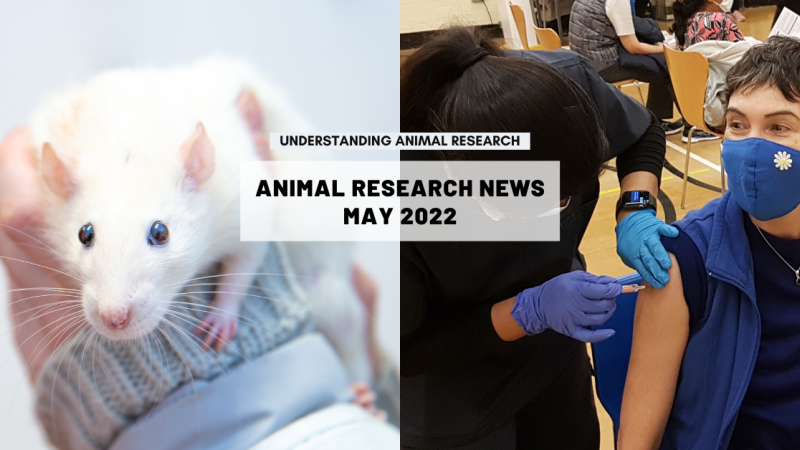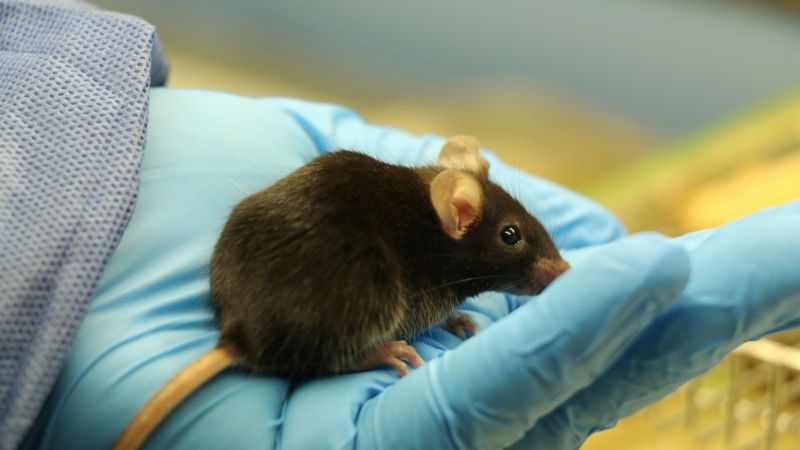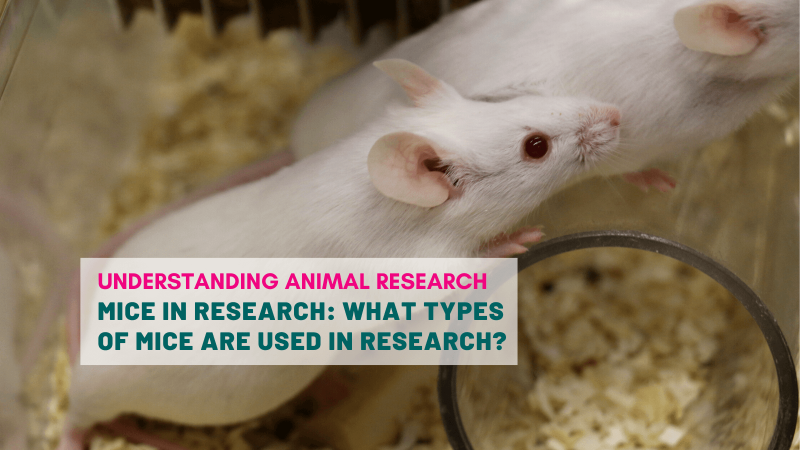Text to go here...
 About one in 30,000 boys are born with a defective gene that causes haemophilia B. Their blood does not clot, leaving them vulnerable to excessive bleeding. Currently treatment requires patients to have regular transfusions of blood clotting factors.
About one in 30,000 boys are born with a defective gene that causes haemophilia B. Their blood does not clot, leaving them vulnerable to excessive bleeding. Currently treatment requires patients to have regular transfusions of blood clotting factors.
Scientists have corrected a similar defective gene in mice, raising the possibility of new therapies that can target and repair this and other genetic defects. They injected the mice with a liver-targeting virus modified to carry the normal version of the blood clotting gene (F9) and enzymes called zinc-finger nucleases.
The zinc finger nucleases are molecular scissors that cut the DNA helix at the F9 site. Breaking DNA induces the liver cells to make a repair. This then allows a working copy of the gene carried by the modified virus to be incorporated into the liver cell.
Around 1 in 20 cells were repaired. When these cells went on to divide the repaired gene was duplicated, showing the repair was stable. This process produced enough repaired cells to reduce severity of haemophilia in the mice to mild.
Last edited: 29 July 2022 13:52




